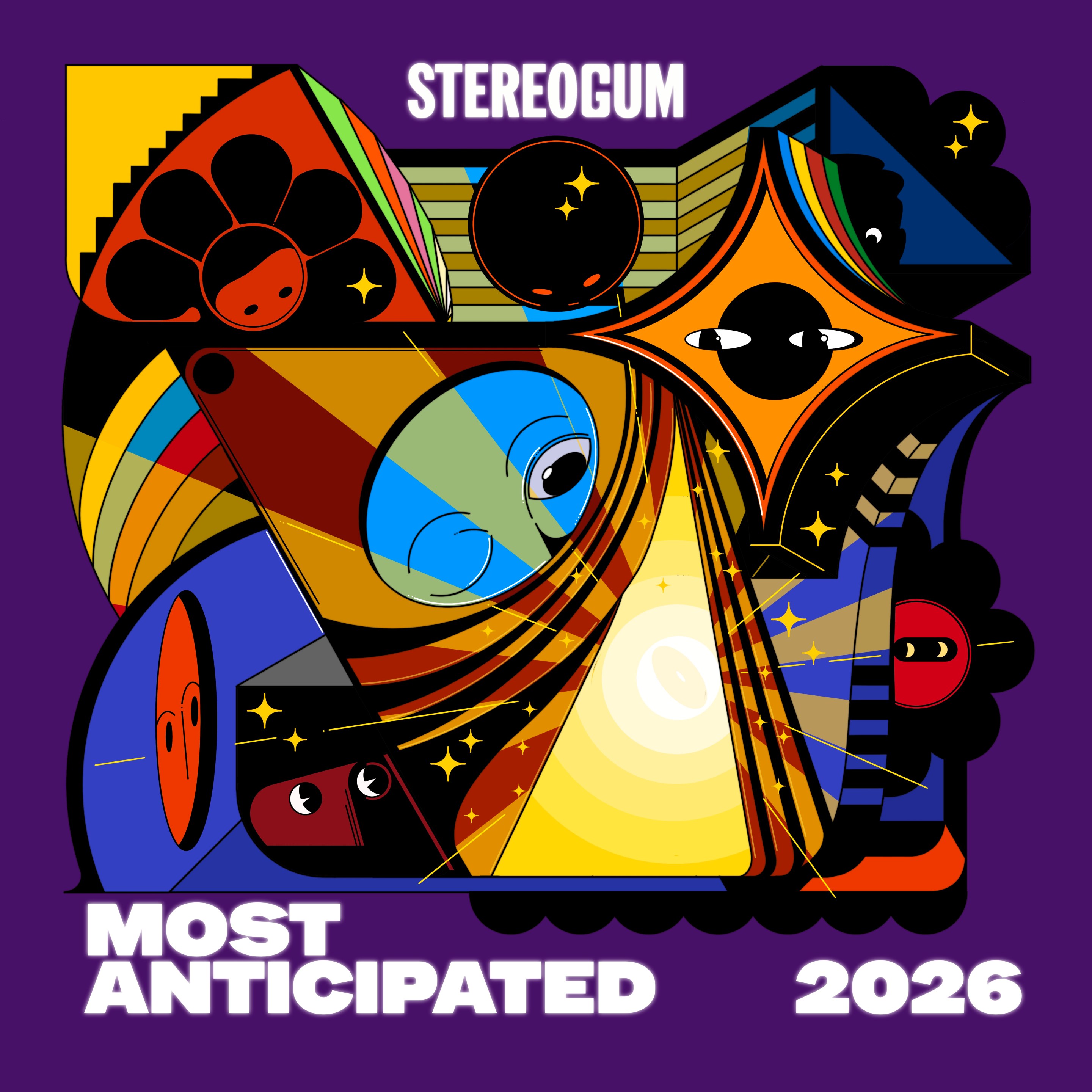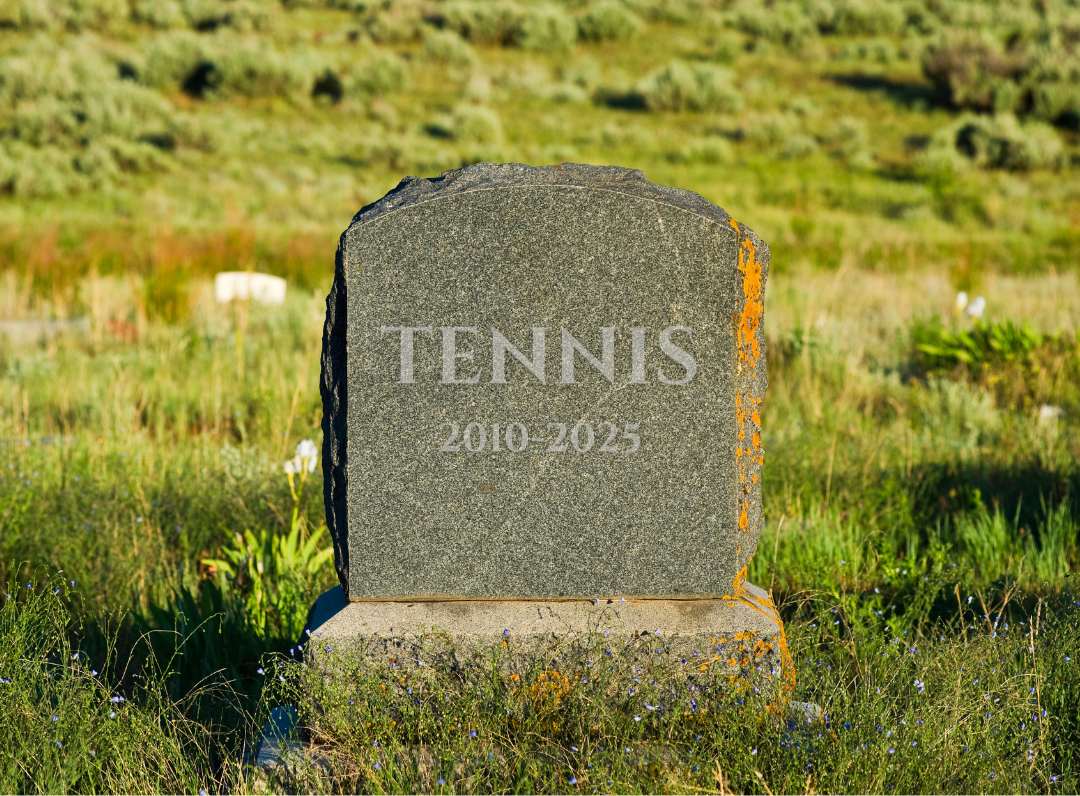If you're the type of OG Stereogum reader with a predilection for indie and for alt-rock heroes of the past, this has been the week for you! We got the long-awaited returns of stalwarts like Jenny Lewis and Vampire Weekend. We got a surprise collab between Conor Oberst and Phoebe Bridgers that is called Better Oblivion Community Center but that Ryan keeps accidentally calling Better Oblivion Retirement Community. We also, uh, got a Weezer covers album that included a rendition of "No Scrubs," and we didn't even need to turn an internet petition into a fanbase meme to make it happen! There's been a lot to process, you could say. Incidentally, some of the week's best songs came from those artists; some of the week's best songs came from up-and-comers whose names deserve to be just as big someday soon. Check them out below.
5. American Football - "Uncomfortably Numb" (Feat. Hayley Williams)
Despite releasing their debut albums only six years apart, American Football and Paramore are from entirely different stratospheres of emo. The former became a cult fixture for realheads while the latter set malls and the charts on fire by blending the genre's twinkling transparency with certified hooks. But a decade and some change on, the gulf between them has contracted and then constricted enough so that Hayley Williams could conceivably show up on a song from American Football's second comeback album. And that's exactly what's happened with "Uncomfortably Numb," where Williams and Mike Kinsella manage to convincingly duet about the terrors of getting older. "The lessons are so much less obvious/ The further you get from home," they twist together, matching each other's muted palette while trying to stay resilient. That the pairing represents a sort of generational torch-passing only adds to the track's sense of time slipping away. --James
4. Hand Habits - "can't calm down"
"What if I can't calm down, and I don't have that in my bloodline?" Meg Duffy worries on "can't calm down," the newest song from the upcoming Hand Habits album placeholder. Just as they pose the question, the anxious riff that snakes through the song's verses breaks into a jangling sigh, Duffy's voice intertwining in lovely harmony with Land Of Talk frontwoman Elizabeth Powell's. Hand Habits' music takes friction and pain and doubt and turns it into something profoundly comforting. And here, they contemplate the toll of "ancestral damage," ingrained patterns of learned behavior that cast a long shadow over all of our future relationships. Can we ever break free of the cycles of trauma that shape us? There are no easy answers, and they don't pretend there are. But on "can't calm down," the very act of trying becomes a thing of great beauty. --Peter
3. Better Oblivion Community Center - "Dylan Thomas"
Conor Oberst and Phoebe Bridgers' new collaborative project Better Oblivion Community Center is a gift endowed to a very specific kind of music fan. It's a sick but welcome joke. Though they’re from different generations, the two songwriters mostly traffic in music that is depressing bordering on existential, funny and sad at the same time. Both craft lyrics that are hyper-specific streams of consciousness, and the best songs on Better Oblivion Community Center sound like two people jumping down one another’s throats -- urgent and unkempt, totally in the moment.
"Dylan Thomas" best exemplifies that collision of ideas and energy. It’s named for the Welsh poet who died at 39 and was a legendary alcoholic. The protagonist they've developed is an alienated individual exhausted by the play-by-play headlines of today’s age and seeks out escapism in all of the wrong places: the bar, a pricey silent retreat, other people. In this song, everything is a stand-in for a certain truth, one that is just beyond the protagonist's grasp. "The ghost is just a kid in a sheet," Oberst and Bridgers sing, alluding to the cover of her breakout album Stranger In The Alps.
Oberst and Bridgers are both known for writing killer one-liners that make a song instantly memorable, and "Dylan Thomas" has one that absolutely could have been an AIM away message: "I'm taking a shower at the Bates Motel." In some instances, it's really easy to guess who might've written specific lines on Better Oblivion Community Center, and while it's a joy to parse the band's rapid-fire references, the best thing about "Dylan Thomas" is the delivery. Aside from a single verse, Oberst and Bridgers sing the entire thing in unison, like a pair of headlights penetrating the encroaching darkness. --Gabriela
https://youtube.com/watch?v=3cAMez18ioo
2. Brutus - "War"
Brutus' new LP, Nest, opens with a song called -- for real -- "Fire." Nest's album-announcing advance single is called "War." Now, if you're gonna lead with shit like that? If that is how you are introducing yourself to the world? Man, you better be 100% ready to back it. To bring it. You cannot be fucking around. The first words out of Stefanie Mannaerts' mouth on "War" are "Our world/ It's gone." She sings the line with enough focus and force to shatter glaciers, asserting in no uncertain terms: Brutus are not fucking around.
With the ice broken, the tension is only heightened, the stakes incrementally raised: when Peter Mulders' bass rolls in low and loud, like ominous thunder; when Stijn Vanhoegaerden's guitar suddenly explodes in the sky, and just as suddenly neck-snaps into a pit-starting thrash-sludge riff; whenever Mannaerts smashes her snare or ride so hard it seems like she might break the damn thing; and also, obviously, whenever her voice produces pretty much any sound, period. The whole thing just gets heavier. It's a breathtaking, heart-stopping, truly visceral piece of music. The song's title comes in when Mannaerts sings the line, "Unleash your war." Hear that? It is a challenge. If you want war? Baby, you got it. Brutus are ready. If you want fire? Man, it's already lit. Brutus are bringing it. Right fucking here. --Michael
1. Vampire Weekend - "Harmony Hall"
"Some songs are essays, other songs are haikus," Ezra Koenig told Rolling Stone in an interview previewing Vampire Weekend's new 18-track opus Father Of The Bride. It's easy to hear "2021," by far the shorter of the band's first two offerings from the album, as the latter kind of tune, a concise and elliptical springboard for the imagination. Whereas the five-minute "Harmony Hall" reads as a statement of purpose for a songwriter who's been silent for the better part of a decade.
When we last heard from Koenig on 2013's Modern Vampires Of The City, he was reckoning with mortality in light of the transition from precocious youth to full-fledged adulthood. He's done a lot more growing up since then, settling down and starting a family with actress Rashida Jones. We've all grown up a bit while living through this tumultuous stretch of human history. And so, reflecting on music's role as an outlet for anger, Koenig sings, "I thought that I was free from all that questionin'/ But every time a problem ends, another one begins."
Vampire Weekend songs tend to be multilayered creations: refusing to be confined by genre, refracting big-picture epiphanies through personal experience. Thus "Harmony Hall," a lament about the resurgence of anti-semitism in America's "dignified" power centers, finds its shape through links to Koenig's own life. The title refers to a dorm at Columbia, the Petri dish in which this band was cultured. The chorus repurposes a lyric from one of Koenig's old songs (you call it lazy, I call it intertextual). The music calls back to his old affection for Paul Simon and ornate instrumental flourishes. You could not mistake this song for anyone else.
Yet all of it feels a little different in this fresh context, not least of all sonically. Belying its heavy subject matter, "Harmony Hall" is a vibrant romp that seamlessly blends folksy fingerstyle guitar, '90s rave music, a gospel choir, baroque piano, and the Grateful Dead. There are so many moving parts, but it scans as fun, danceable pop music, albeit with a melancholy streak. Koenig calls Father Of The Bride "the life-goes-on record" following an increasingly pessimistic initial trilogy, and so here he cuts off all avenues forward besides positive change: "I don't want to live like this, but I don't want to die." As urgent manifestos go, it's absolutely delightful. --Chris






